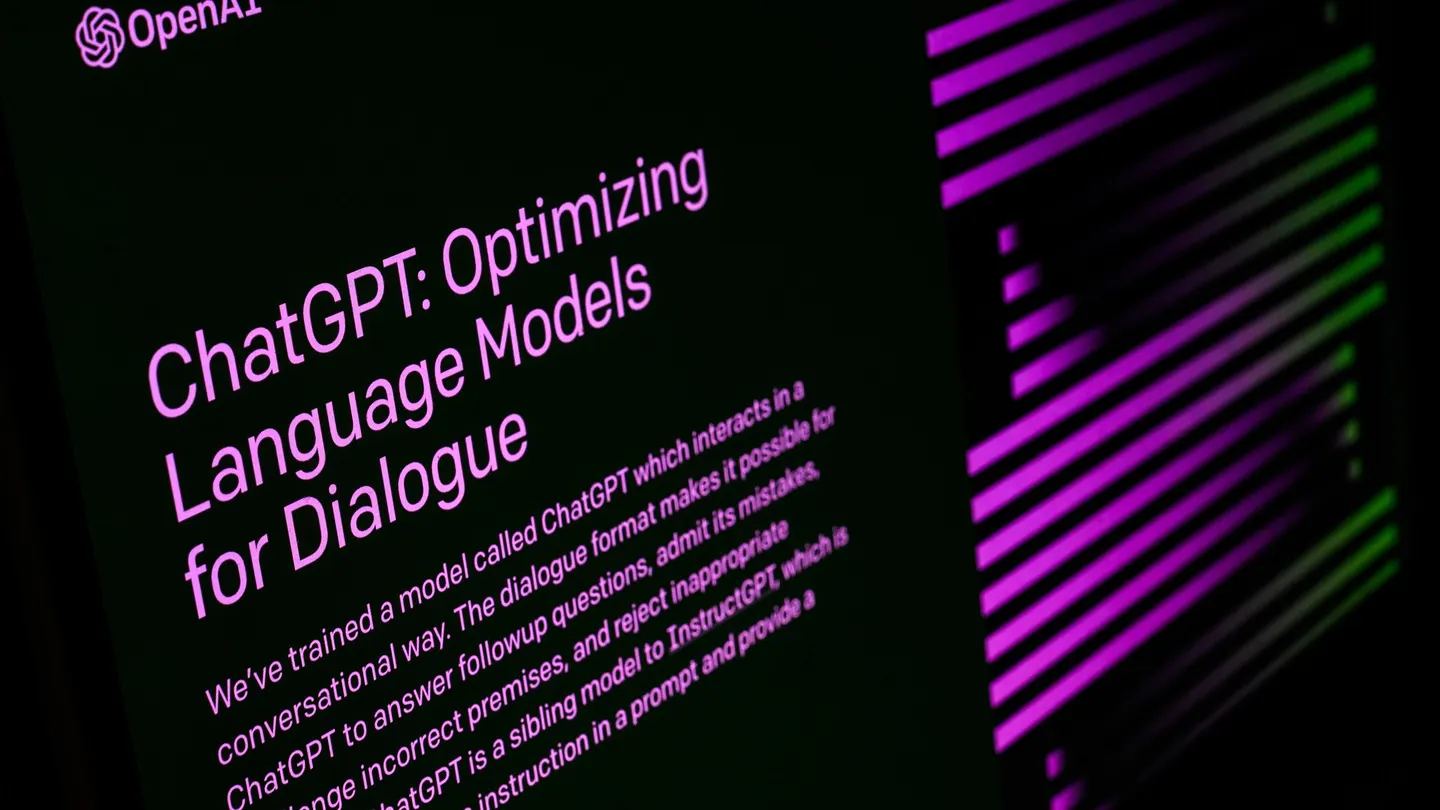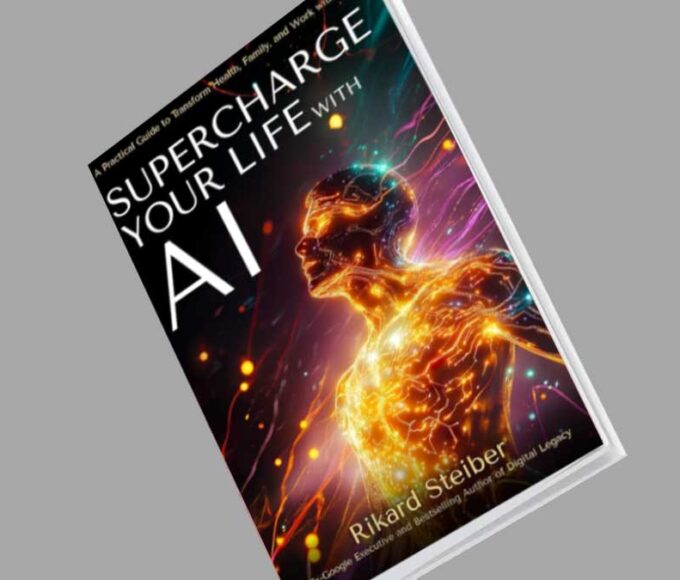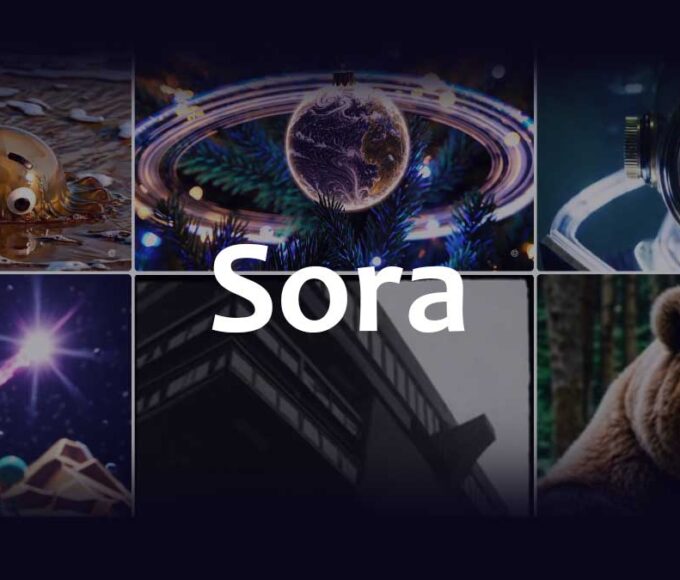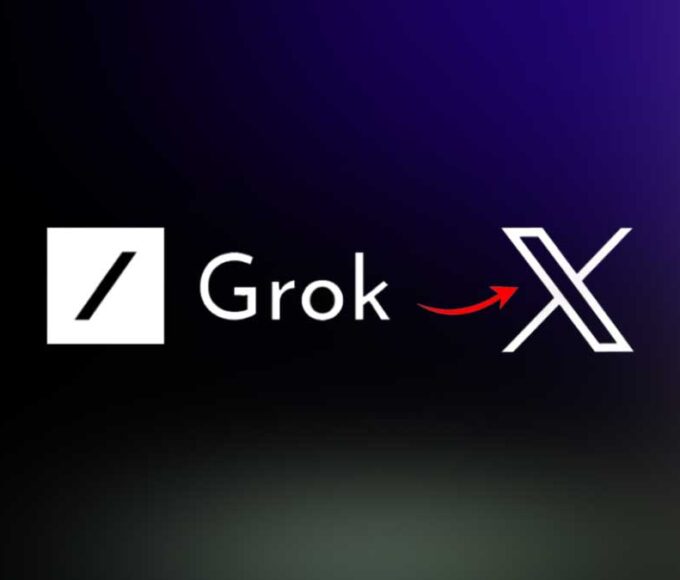- Home
- Billionaires
- Investing Newsletters
- 193CC 1000
- Article Layout 2
- Article Layout 3
- Article Layout 4
- Article Layout 5
- Article Layout 6
- Article Layout 7
- Article Layout 8
- Article Layout 9
- Article Layout 10
- Article Layout 11
- Article Layout 12
- Article Layout 13
- Article Layout 14
- Article Sidebar
- Post Format
- pages
- Archive Layouts
- Post Gallery
- Post Video Background
- Post Review
- Sponsored Post
- Leadership
- Business
- Money
- Small Business
- Innovation
- Shop
Recent Posts
OpenAI Introduces ChatGPT Memory for Personalized Interactions

In a bold move towards personalized AI interactions, OpenAI has unveiled a groundbreaking feature for ChatGPT, its popular chatbot. The new capability allows ChatGPT to remember users’ previous interactions, including their voice, tone, and personal preferences. This significant enhancement aims to deliver a more customized and engaging experience for users across various platforms.
Users will have the option to choose whether ChatGPT can store a conversation, enabling the chatbot to remember specific details over time. This feature opens up possibilities for ChatGPT to create more tailored responses and suggestions based on a user’s history with the AI. OpenAI emphasizes that users will have control over what information ChatGPT can store about them, ensuring privacy and data security.
Joanne Jang, OpenAI’s product lead, highlighted that the new memory feature is designed to enhance user experience without compromising sensitive personal information. ChatGPT will not save data such as passwords, passport numbers, or health details, ensuring that user privacy remains a top priority.
One of the key examples provided by OpenAI illustrates how ChatGPT could use this memory feature. For instance, if a user previously mentioned that their child loves jellyfish, ChatGPT might create a birthday card featuring a jellyfish wearing a party hat for the child’s birthday. This demonstrates the potential for more personalized and thoughtful interactions with the chatbot.
The memory feature will extend to other GPTs in the OpenAI ecosystem, such as ChatGPT Team and Enterprises. These versions will be able to remember the user’s tone, voice, and format preferences while responding to specific tasks. Additionally, Books GPT will recommend books based on a user’s favorite genres or top books, enhancing the book discovery experience.
For organizations, the memory feature opens up new possibilities. Companies will be able to upload data to ChatGPT, which can then create charts based on that data along with “three takeaways each.” This feature streamlines data analysis and presentation, offering organizations valuable insights in a user-friendly format.
Furthermore, programming firms will benefit from the memory feature, as they can store information about their programming language and frameworks. This will allow ChatGPT to remember these preferences for future tasks, increasing efficiency and accuracy in programming-related interactions.
OpenAI plans to roll out the memory feature to some free and paid ChatGPT users this week, with wider accessibility planned in the near future. This new feature represents a significant advancement in AI technology, enhancing the capabilities of ChatGPT and its ability to provide personalized experiences.
The introduction of the memory feature is the latest in a series of advancements for ChatGPT. Last month, OpenAI launched GPT Store, an online marketplace where users can share custom chatbots with others, expanding the capabilities of the platform. Additionally, ChatGPT Team and Enterprise versions were released, offering organizations more options to utilize the chatbot with enhanced security features.
Despite these advancements, OpenAI remains vigilant about the potential dangers of artificial intelligence. CEO Sam Altman, speaking at the Dubai-based World Governments Summit, reiterated his concerns about the societal implications of AI. Altman emphasized the importance of addressing subtle societal misalignments that could make AI technology dangerous, highlighting OpenAI’s commitment to responsible AI development.
As OpenAI continues to innovate and expand the capabilities of ChatGPT, users can expect more personalized and engaging interactions with the chatbot, ushering in a new era of AI-powered communication and assistance.
Recent Posts
Categories
- 193cc Digital Assets2
- 5G1
- Aerospace & Defense46
- AI37
- Arts3
- Banking & Insurance11
- Big Data3
- Billionaires447
- Boats & Planes1
- Business328
- Careers13
- Cars & Bikes76
- CEO Network1
- CFO Network17
- CHRO Network1
- CIO Network1
- Cloud10
- CMO Network18
- Commercial Real Estate7
- Consultant1
- Consumer Tech180
- CxO1
- Cybersecurity68
- Dining1
- Diversity, Equity & Inclusion4
- Education7
- Energy8
- Enterprise Tech29
- Events11
- Fintech1
- Food & Drink2
- Franchises1
- Freelance1
- Future Of Work2
- Games141
- GIG1
- Healthcare78
- Hollywood & Entertainment186
- Houses1
- Innovation42
- Investing2
- Investing Newsletters4
- Leadership65
- Lifestyle11
- Manufacturing1
- Markets20
- Media193
- Mobile phone1
- Money13
- Personal Finance2
- Policy567
- Real Estate1
- Research6
- Retail1
- Retirement1
- Small Business1
- SportsMoney33
- Style & Beauty1
- Success Income1
- Taxes2
- Travel10
- Uncategorized8
- Vices1
- Watches & Jewelry2
- world's billionaires416
Related Articles
Book Review: Unlocking AI’s Power in Everyday Life
In a world where artificial intelligence (AI) frequently makes headlines in the...
By 193cc Agency CouncilDecember 16, 2024OpenAI Pauses Sora Sign-Ups Due to High Demand
OpenAI has temporarily paused sign-ups for its much-anticipated Sora video tool due...
By 193cc Agency CouncilDecember 10, 2024xAI Secures $6 Billion to Advance Supercomputing and AI
Elon Musk’s artificial intelligence startup, xAI, has taken another significant step in...
By 193cc Agency CouncilDecember 7, 2024X Launches Free Version of Grok Chatbot with Usage Limits
X, formerly known as Twitter, has announced the launch of a free...
By 193cc Agency CouncilDecember 7, 2024















Leave a comment